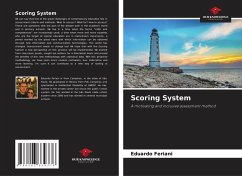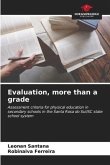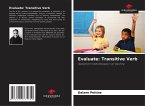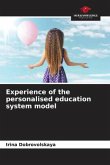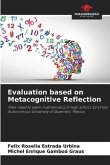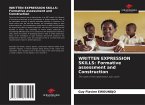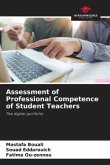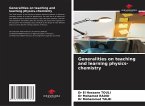We can say that one of the great challenges of contemporary education lies in assessment criteria and methods. What to assess? What for? How to assess? These are questions that are part of the debate both in the academic world and in primary schools. We live in a time when the terms "skills and competencies" are increasingly used, a time when more and more students who are the target of special education are in mainstream classrooms, a period marked by the great ease with which information can be obtained through new information and communication technologies. The world has changed. Assessment needs to change too! We hope that with the Scoring System a new perspective on this process will be implemented. We started from classroom praxis, sought out authors for a theoretical basis and proved the benefits of this new methodology with statistical data. With this proactive methodology, we have seen more student motivation, less indiscipline and more learning. I'm sure it can contribute to a new way of looking at assessment.
Bitte wählen Sie Ihr Anliegen aus.
Rechnungen
Retourenschein anfordern
Bestellstatus
Storno

